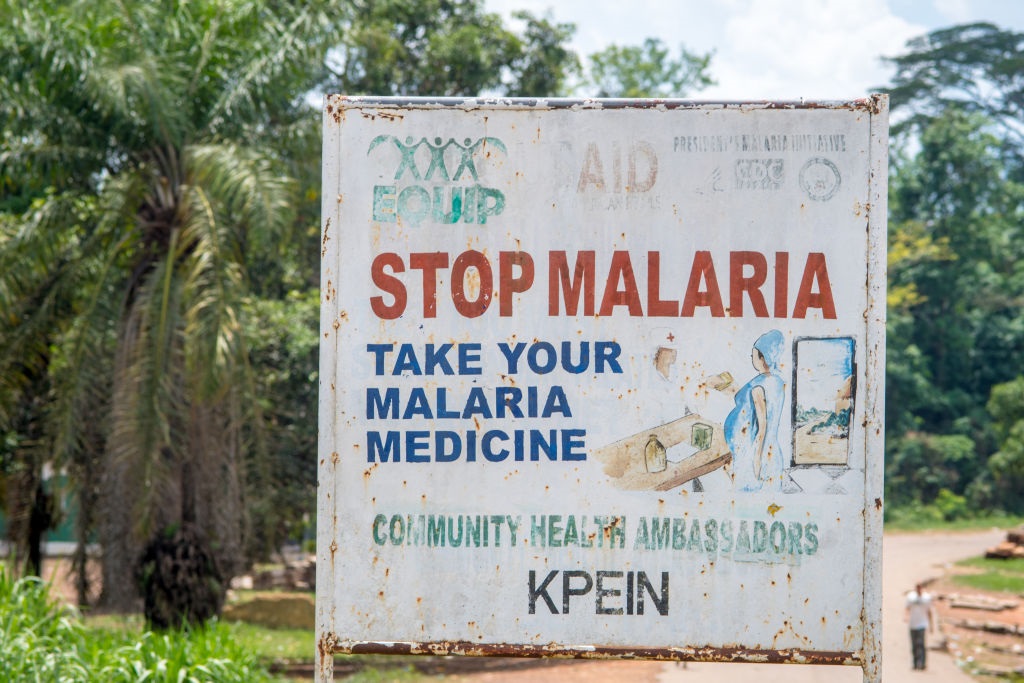Malaria is one of the leading lethal diseases in Africa. A report in 2022 showed that 580,000 people succumbed to the disease which amounted to 95% of fatalities worldwide. Malaria is commonly spread through bites of the female Anopheles mosquito. Other causes could be blood transfusions or infected needles. Infants, people living with HIV, pregnant women and travelers are more at risk of infection. It is vital that people know the symptoms for earlier detection and treatment. Common symptoms are fever and chills. For travelers, it is advised to take prescribed drugs to boost the immune system when visiting a malaria infested land.
Cape Verde has been among the many countries that has had to go toe to toe with the disease, particularly, ever since 2007 when it became the country’s national objective to eliminate malaria. It is safe to say that Cape Verde has emerged victorious this year against malaria, leading to the certification by WHO [World Health Organization], making it the third country in the region joining Mauritius and Algeria which were certified in 1973 and 2019 respectively. For the first time in 50 years, a nation in Sub Saharan Africa has been declared malaria-free. Cabo Verde joins the ranks of 43 countries and 1 territory that WHO has awarded this certification.

This certification is issued by WHO once a country has presented evidence that the transmission of malaria through the Anopheles mosquito has been suspended nationwide for at least the past three consecutive years. A country must also show a level of preventative measures in the case of transmission re-establishment.
Cape Verde has made very intentional and strategic plans to help curb this disease. In 2015, the country had reduced indigenous cases down to seven until 2017 where there was an outbreak of imported cases hitting a high of 423 indigenous infections. Over the years, the country has strengthened its health systems, increasing access to diagnosis and treatment for all cases. There has also been a measure that has ensured free care and diagnostic services for international travelers and migrants.
Cape Verde’s topography above all has made the monitoring phase seamless. Cape Verde is an archipelago constituting 10 islands which has made it easier for the authorities involved to outline areas affected and the duration it takes for the disease to be transferred from one island to another. Intelligence like this has been crucial in the cases where isolation and movement boundaries were established. The country has been keen on large scale malaria surveillance throughout the pandemic to make sure the country was free of the disease.

“Cabo Verde’s achievement is a beacon of hope for the African Region and beyond. It demonstrates that with strong political will, effective policies, community engagement and multi-sectoral collaboration, malaria elimination is an achievable goal. The attainment of this milestone by Cabo Verde is an inspiring example for other nations to follow.”
Dr Matshidiso Moeti, WHO Regional Director for Africa
This great milestone did not just happen overnight; it took years and years of hard work, collaboration and consistency from different sectors in order to better healthcare. It is our hope that other nations will learn from this nation and strive towards zero malaria.

